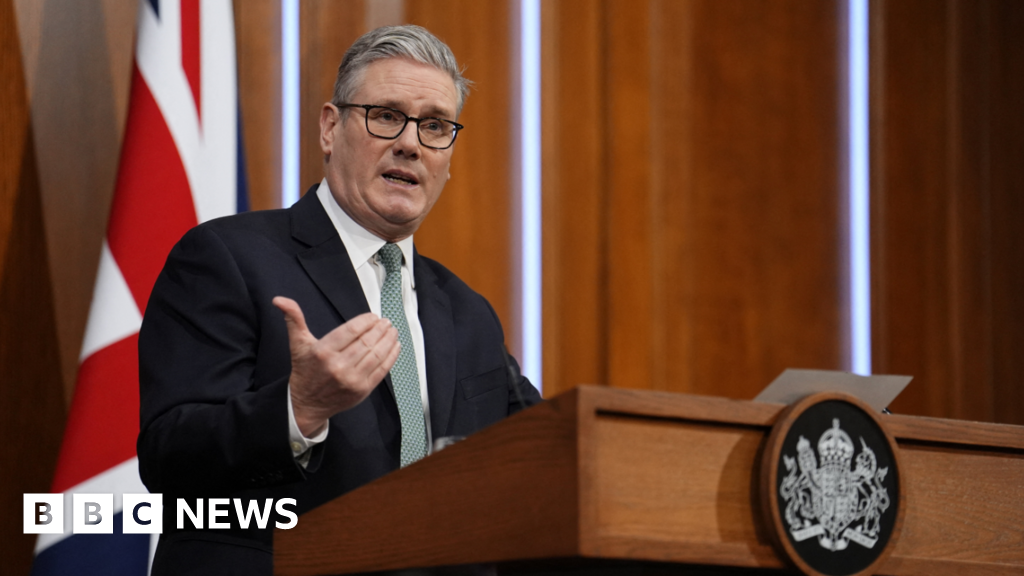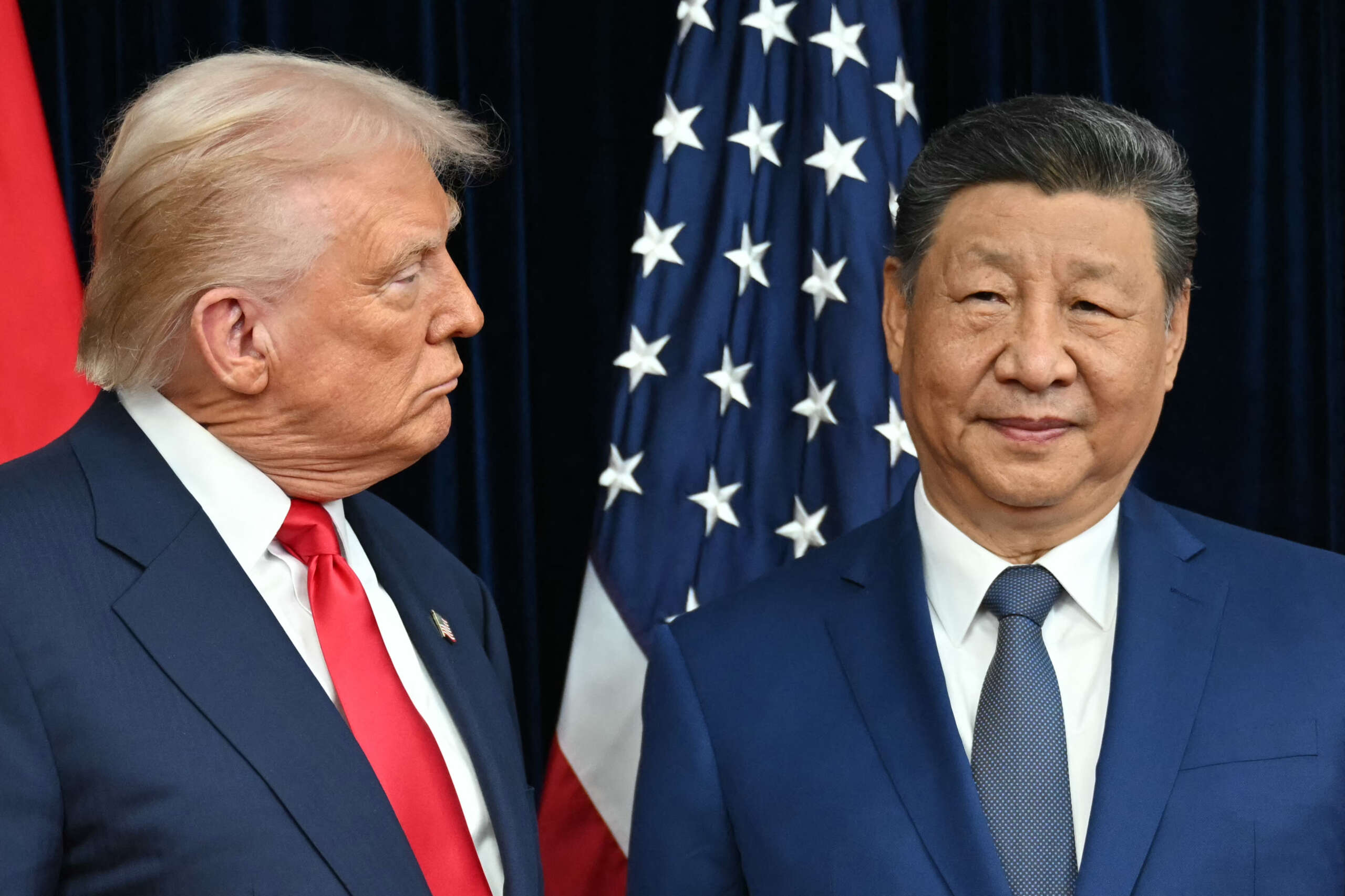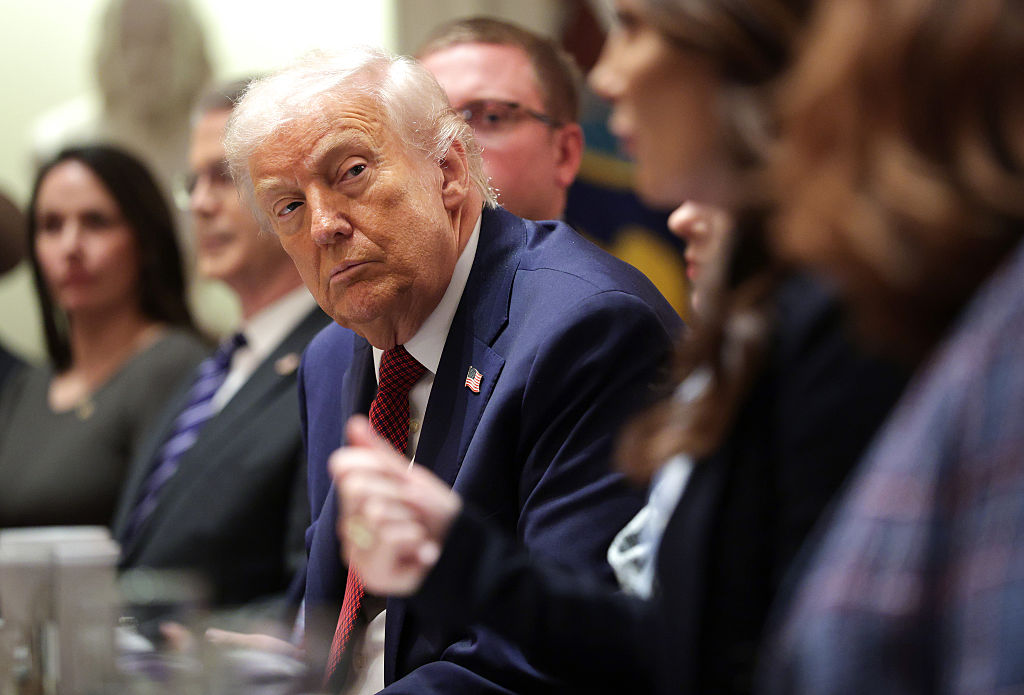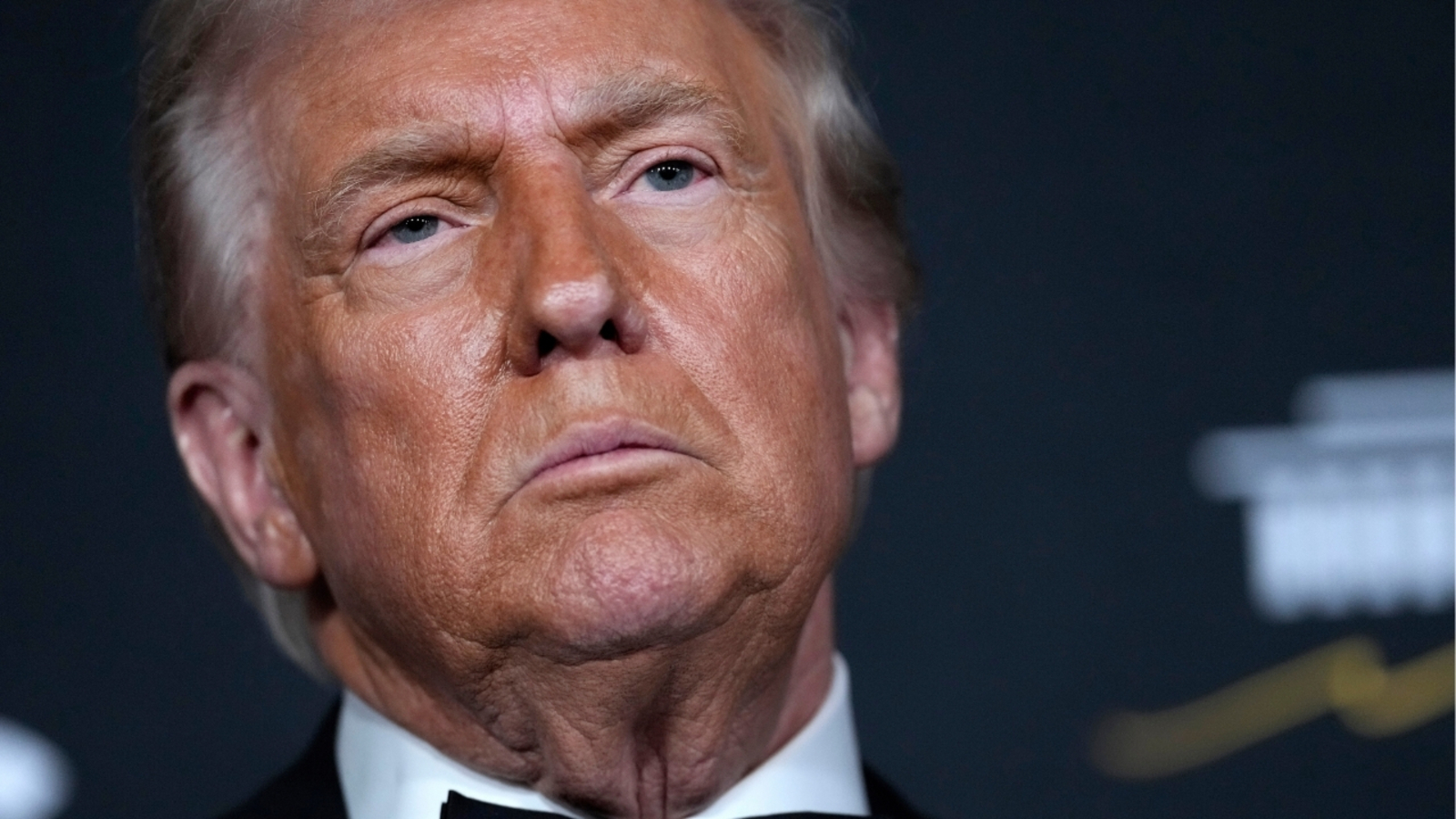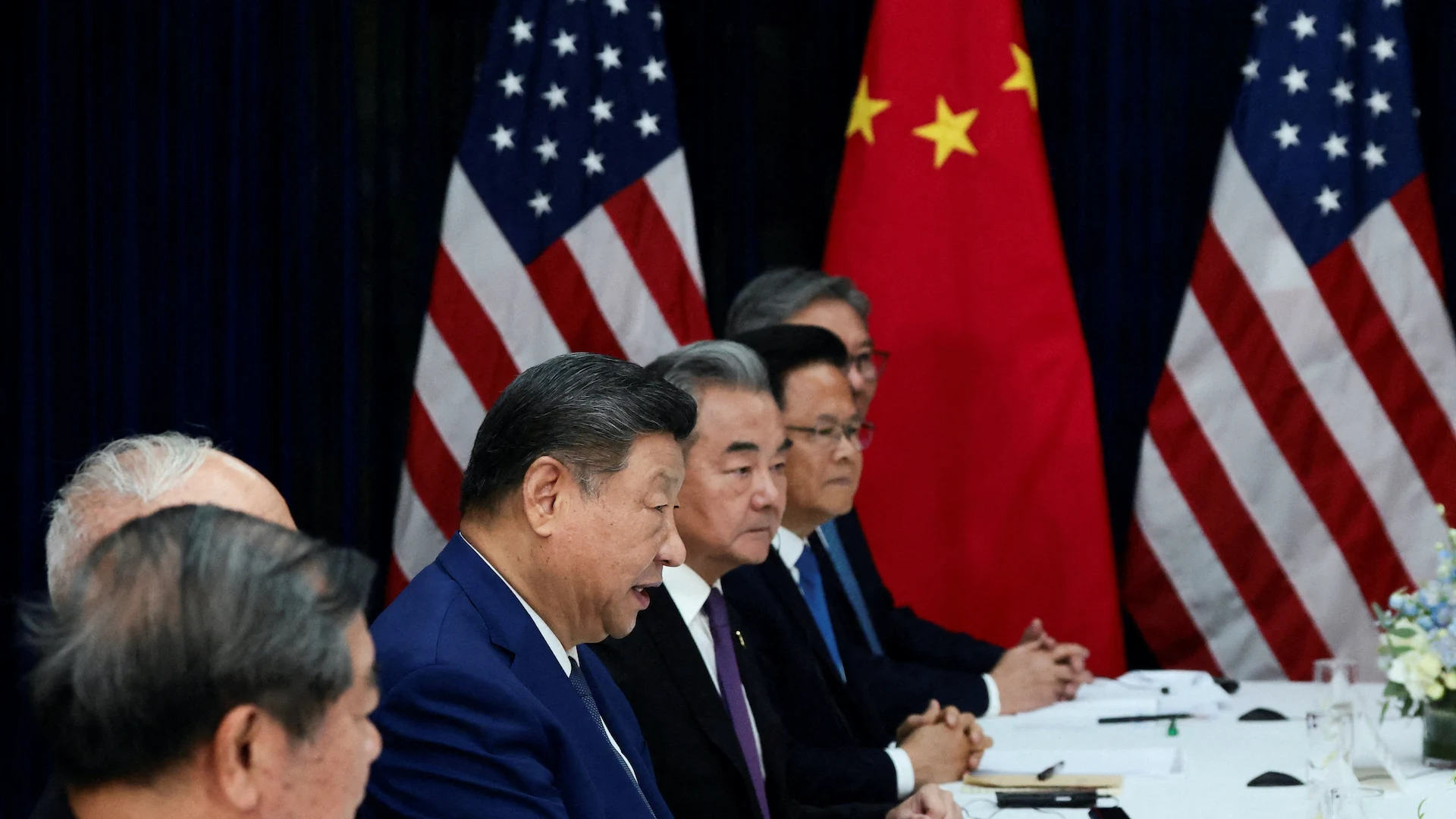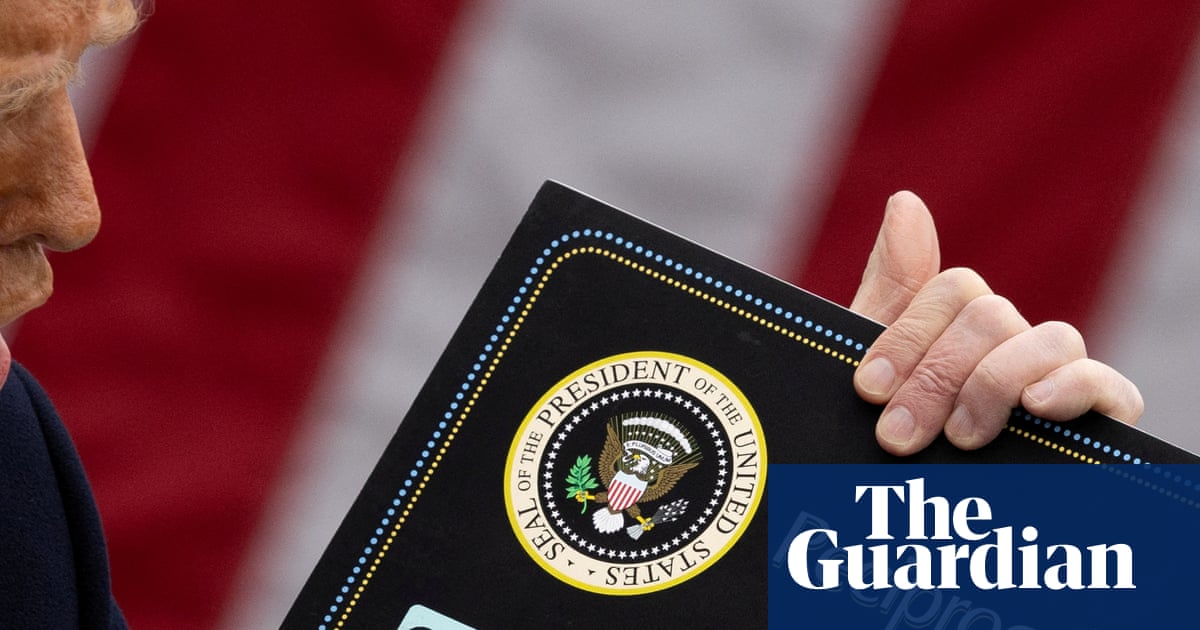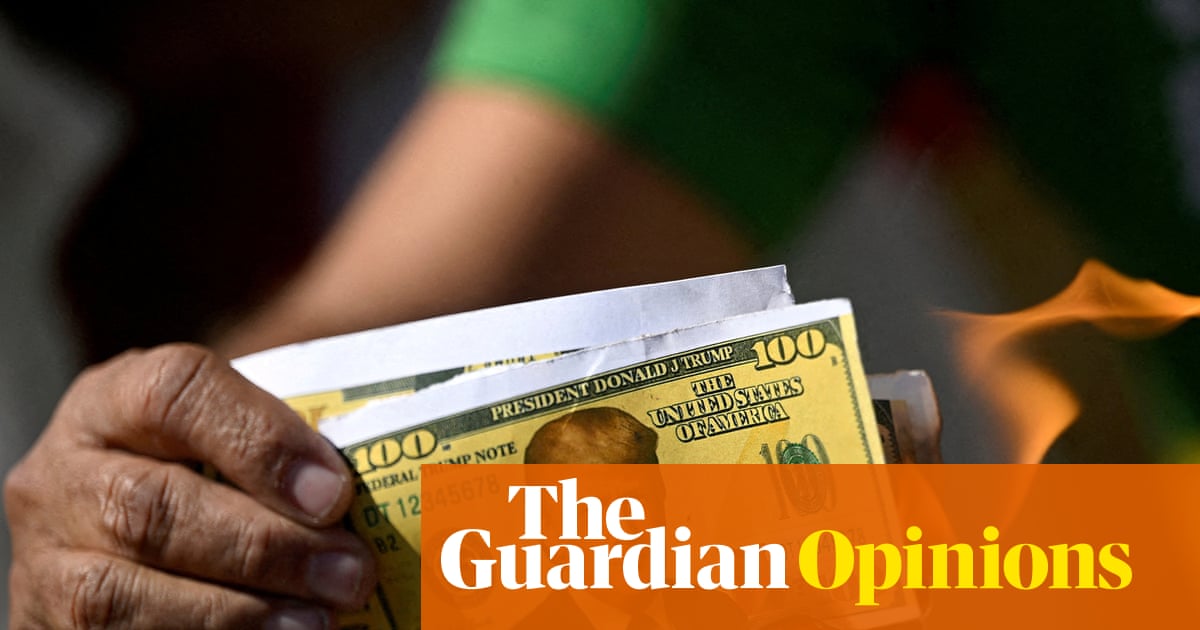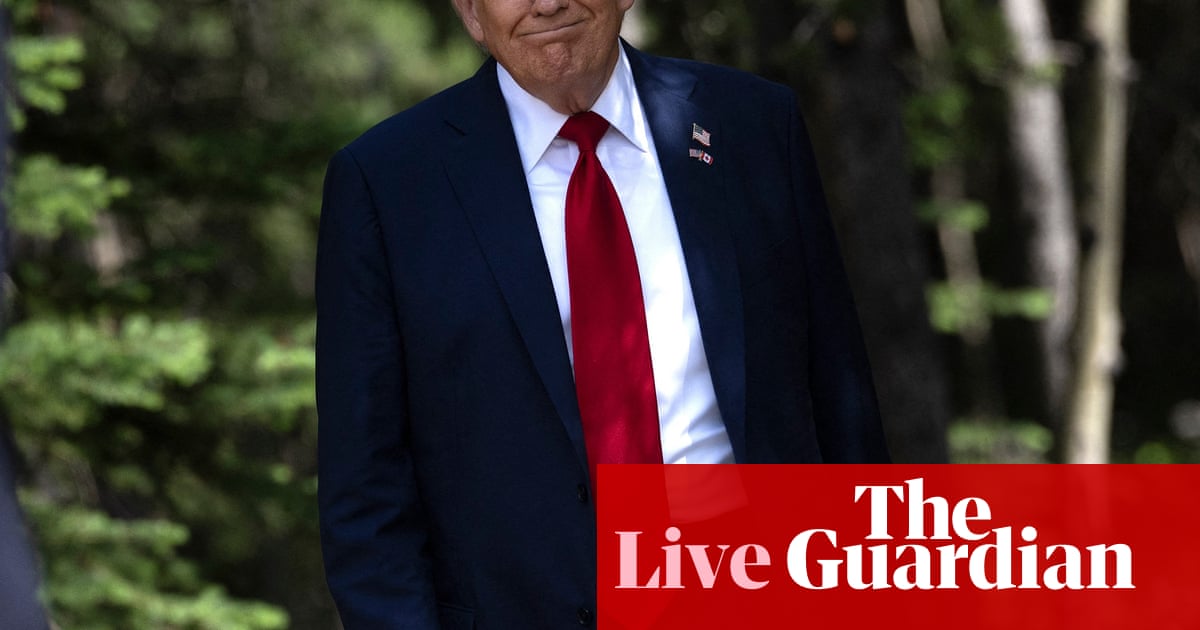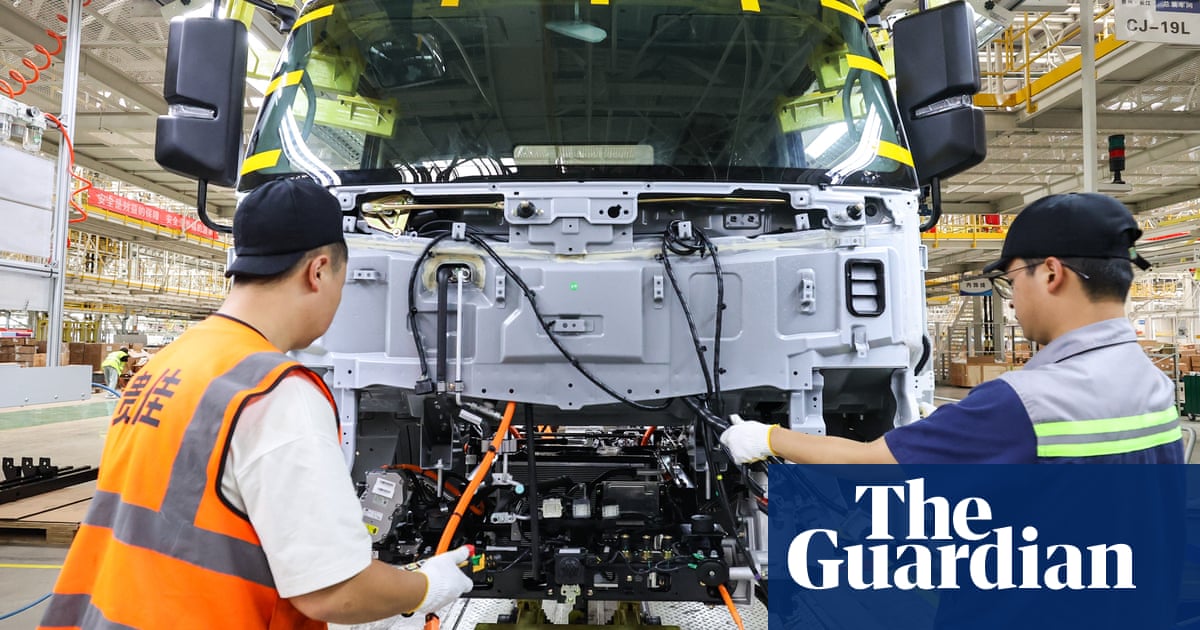#trade-war
#trade-war
[ follow ]
#tariffs #us-china-relations #soybeans #inflation #stock-market #farm-aid #economic-policy #trump #greenland #nvidia
Miscellaneous
fromLondon Business News | Londonlovesbusiness.com
1 week agoMarkets lower with Greenland in focus - London Business News | Londonlovesbusiness.com
Markets are in wait-and-see mode over a possible US–Europe trade escalation, pressuring European indices and boosting safe-haven assets like gold.
fromFortune
1 week agoNATO vs. 'TACO' trade: Dow futures tumble 400 points on Trump's latest tariffs while Wall Street hopes for de-escalation at Davos | Fortune
Futures tied to the Dow Jones industrial average sank 401 points, or 0.81%. S&P 500 futures were down 0.91%, and Nasdaq futures sank 1.13%. Markets in the U.S. were closed in observance of the Martin Luther King Jr. Day holiday. Earlier, the dollar dropped as the safe haven status of U.S. assets was in doubt, while stocks in Europe and Asia largely retreated.
US politics
fromFortune
1 month agoBuild-A-Bear stock falls 15% as it reveals the real hit from tariffs, at last | Fortune
The mall staple was able to get ahead of tariff impacts during the first half of the year through preemptive actions, Chief Financial Officer Voin Todorovic said in a statement Thursday, but the levies caught up to the company in its most recent quarter and will continue to weigh on its performance into 2026. "We expect this elevated level of impact to continue through the fourth quarter and into the next fiscal year," Todorovic said.
Business
fromFortune
2 months agoThe trade war was never going to fix our deficit | Fortune
The Supreme Court recently heard arguments in a case that will decide whether the president overstepped his authority by invoking an old war law to justify imposing tariffs on seemingly every country and product under the sun. Though White House lawyers changed their tune in front of the justices, up till this point, one of the administration's defenses throughout this trade war is that these tariffs are needed because they bring in substantial revenue for the country,
US politics
Canada news
fromwww.cbc.ca
2 months agoAs Black Friday heralds the holiday shopping rush, are we still dedicated to Buying Canadian? | CBC News
Buy Canadian momentum has cooled; most businesses did not see increased sales, though some hope holiday shopping will revive demand for Canadian-made products.
World news
fromwww.aljazeera.com
2 months agoChina spat with Japan on Taiwan deepens, reaches UN: What's it all about?
China and Japan's dispute over PM Taikachi's Taiwan remarks has escalated into trade, diplomatic, and security tensions risking economic impact and heightened cross-Strait confrontation.
fromwww.theguardian.com
2 months agoDining across the divide: I was expecting some leftist, anti-capitalist, socialist Guardianista'
My family, originally from Portugal, moved to America when I was three. We became naturalised US citizens, though we always kept our Portuguese citizenship. I now have settled status in the UK, having lived here for five years. Miles is from Cornwall, I have friends in Devon so I know there's rivalry about the proper way to do scones and cream and jam.
US politics
fromBusiness Insider
3 months agoThe world's 10 richest people lost nearly $70 billion in Friday's market rout
The world's 10 richest people lost nearly $70 billion on Friday as fresh fears of a global trade war rattled markets. The value of their stock holdings tumbled after President Donald Trump said the US would impose an additional 100% tariff on imports from China from November 1, and restrict its access to "any and all critical software," after China tightened export controls on rare earth elements and other key materials for advanced tech manufacturing.
Business
fromFortune
3 months agoChina's rare earth controls can 'forbid any country on Earth from participating in the modern economy,' former White House advisor warns | Fortune
On Thursday, China's commerce ministry said that starting on Dec. 1 a license will be required for foreign companies to export products with more than 0.1% of rare earths from China or that are made with Chinese production technology. That prompted President Donald Trump to announce Friday that he will impose an additional 100% tariff on China and limit U.S. exports of software.
World news
fromIntelligencer
4 months agoTrump's U.K. State Visit: All the Pomp, Protests, and Royal Drama
With the U.S. reeling in the aftermath of the Charlie Kirk assassination, President Donald Trump and First Lady Melania Trump headed to the United Kingdom on Tuesday for a long-scheduled state visit. The president is known to be a huge fan of pomp and pageantry, and Britain is eager to deliver. King Charles and Queen Camilla are hosting the Trumps at Windsor Castle on Wednesday, and activities include a horse-drawn carriage procession, military flyovers, and a state banquet.
US politics
fromwww.aljazeera.com
4 months agoHow did India-US relations decline so suddenly?
How India's refusal to acknowledge Trump's mediation during the brief war with Pakistan led to a trade war with the US. For decades, the United States has been courting India as a counterbalance to China in Asia. But after Indian Prime Minister Narendra Modi refused to agree with US President Donald Trump's insistence that he had ended a Pakistan-India military conflict in May, Trump slapped 50 percent tariffs on Indian goods entering the US market.
World news
fromwww.theguardian.com
5 months agoTrump's promise of a US manufacturing renaissance leaves experts scratching their heads
Trump's tariffs will reduce the competitiveness of US manufacturing and reduce manufacturing employment. They're raising the costs of production to US manufacturing companies.
US politics
fromwww.cbc.ca
5 months agoANALYSIS | Deal or no deal, Mark Carney has to manage a new relationship with the United States | CBC News
While we'll continue to work with the United States on the many mutually beneficial opportunities that we share in trade and investment, it is clear that we cannot count, or fully rely, on what has been our most-valued trading relationship, for our prosperity.
Canada news
fromFortune
5 months agoWall Street's view of a 'Kevlar economy' has just been shattered, but red flags were lurking under the radar
The recent batch of indicators has punctured the notion on Wall Street that the U.S. economy is bulletproof and can withstand headwinds like President Donald Trump's trade war.
US politics
fromwww.mediaite.com
6 months agoWho's the TACO' Now? Trump Reaping Billions In Tariff Revenue While Other Countries Back Down
Trump's tariffs, the highest since the 1930s, have resulted in $64 billion in new revenue for the U.S. in the second quarter, a $47 billion increase over the previous year.
US politics
[ Load more ]





